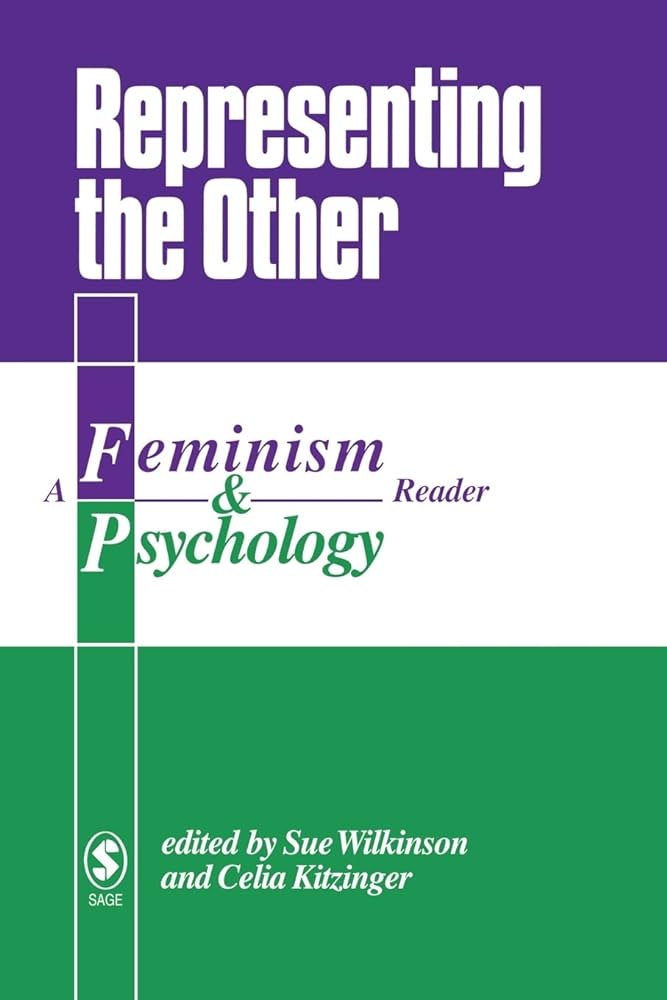导航暴力和风险:对盲人妇女自我保护措施描述的批判性话语分析
IF 2.2
3区 心理学
Q2 PSYCHOLOGY, MULTIDISCIPLINARY
引用次数: 0
摘要
残疾妇女遭受暴力和骚扰的比例很高,但提供学习如何积极参与自我保护的机会的有意义的暴力预防干预措施几乎不存在。为了理解其中的原因,我们借鉴了女权主义残疾研究的见解,探索了基于性别的暴力预防研究中一些未经检验的假设和话语。然后,我们将女权主义批评话语分析应用于盲人和部分视力妇女的焦点小组,探讨她们关于暴力和自卫的谈话,以了解她们如何描述自我保护措施,以及这些描述产生了什么实践。我们发现了三种描述:对陌生人采取必要的自我保护措施,限定责任,以及达到目的的有效手段。这些描述及其随后的实践展示了参与者如何在视力丧失的情况下应对暴力。我们还考虑了我们的分析对未来性别暴力预防研究方向的影响。本文章由计算机程序翻译,如有差异,请以英文原文为准。
Navigating violence and risk: A critical discourse analysis of blind women's portrayals of self-protective measures
Women with disabilities experience high rates of violence and harassment, yet meaningful violence prevention interventions providing the opportunity to learn how to be active agents in their own self-protection are virtually non-existent. To understand why, we draw on insights from feminist disability studies to explore some of the unexamined assumptions and discourses in gender-based violence prevention research. We then apply a feminist critical discourse analysis to focus groups with blind and partially sighted women to explore their talk about violence and self-defence to understand how they portray self-protective measures, and what practices those portrayals engender. We discerned three portrayals: self-protective measures as necessary against strangers, a delimited responsibility, and an effective means to an end. These portrayals and their subsequent practices demonstrate how the participants navigate violence while living with vision loss. We also consider the implications of our analysis for future directions in gendered violence prevention research.
求助全文
通过发布文献求助,成功后即可免费获取论文全文。
去求助
来源期刊

Feminism & Psychology
Multiple-
CiteScore
3.30
自引率
11.10%
发文量
51
期刊介绍:
Feminism & Psychology provides a forum for debate at the interface between feminism and psychology. The journal"s principal aim is to foster the development of feminist theory and practice in – and beyond – psychology. It publishes high-quality original research, theoretical articles, and commentaries. We are interested in pieces that provide insights into the gendered reality of everyday lives, especially in relation to women and girls, as well as pieces that address broader theoretical issues. Feminism & Psychology seeks to publish work from scholars, researchers, activists and practitioners at all stages of their careers who share a feminist analysis of the overlapping domains of gender and psychology.
 求助内容:
求助内容: 应助结果提醒方式:
应助结果提醒方式:


